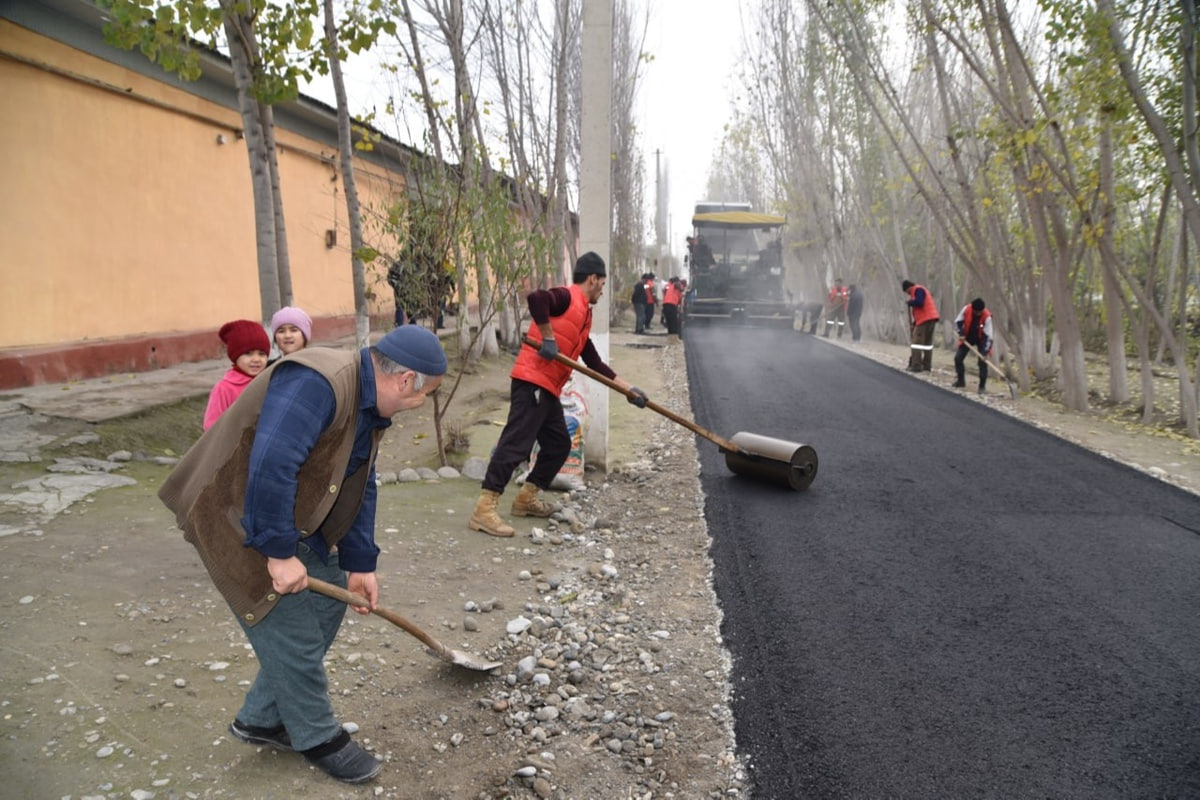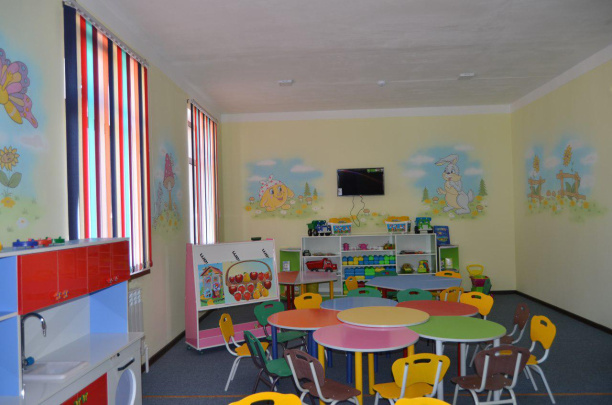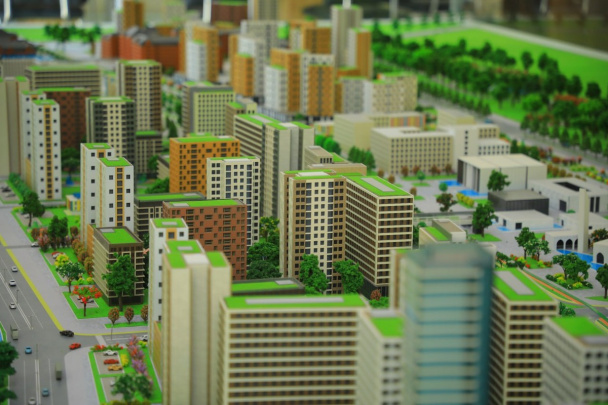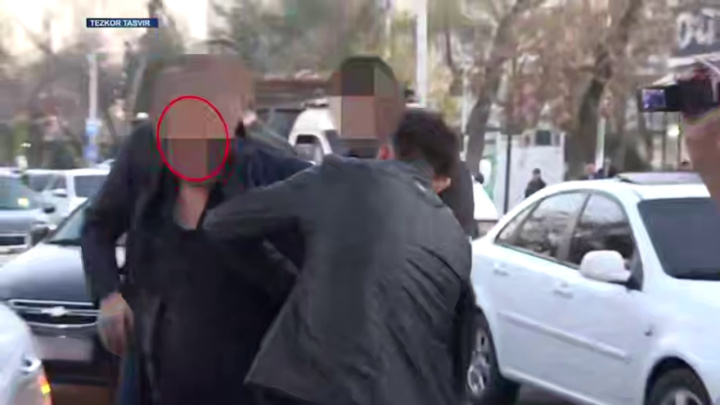Today, on February 22, the submission phase for proposals for the 2024 "Initiative Budget" project concluded its first season.
Speaking with lawyer and blogger Khushnudbek Khudoyberdiyev, Deputy Minister of Economy and Finance Ahadbek Haydarov discussed the outcomes of the first season's proposal submission phase and anticipated changes.
He mentioned that if 4.5 trillion UZS were allocated for the "Initiative Budget" in 2023, the projected allocation for 2024 is 8 trillion UZS. "This anticipates an allocation twice as large as last year. As a result, the number of winning projects is expected to significantly increase, by 1.5-2 times compared to previous years, allowing more issues to be addressed at the community level," Haydarov said.
According to the responsible official at the Ministry of Economy and Finance, as of February 21, over 35,200 projects were submitted, with a total exceeding 30 trillion UZS. Fergana region leads with projects worth 3 trillion 300 billion UZS, followed by Tashkent region (3 trillion 150 billion UZS), and Namangan region (2.4 trillion UZS).
Ahadbek Haydarov stressed that numerous changes and additions have been introduced to the process following public suggestions and objections.
"One Citizen - One Vote" principle
Starting this year, the voting phase in the "Initiative Budget" projects will be conducted based on the principle of "one citizen - one vote". A system to verify the identity of each voter and to detect multiple votes from a single citizen is being implemented. This, in turn, will prevent citizens with multiple SIM cards from voting multiple times and ensure fairness in determining the winners. If a citizen has several SIM cards, only the vote cast with one SIM card will be accepted. If the citizen attempts to vote with a second SIM card, the system's SIM card owner identification will restrict voting with that second card.
"My Path" to be merged into “Initiative Budget”
To eliminate unnecessary complexities, it has been decided to conduct the "My Path" project within the first season of "Initiative Budget" annually. Henceforth, the first season of the "Initiative Budget" and the "My Path" project will be carried out within a single season each year. The funds allocated for the "My Path" project will also be directed to the citizens' initiative fund, with the winning projects determined within the scope of the collected funds.
The working commission reformed with a new composition
A working commission was formed based on a new composition to ensure transparency and fairness in the selection of projects. The new head of the working commission has been designated as the chairman of the regional people's deputies' district councils.
Moreover, representatives of district justice departments have been added to the commission to ensure that the decisions being made comply with the legislation. Citizens might wonder what this commission is about. Once all the projects have been input into the portal, the working commissions will review the projects from the perspective of public interest and the feasibility of their implementation in that region. Projects that align with public interest will not be discarded, but those driven by personal interests will be dismissed by the working commission. After the projects are declared winners, the commissions will submit their conclusions for funding to the local people's deputies' councils.
A list of goods and equipment formulated
Another change we made is that procurement related to projects will be carried out based on an electronic registry approved by the relevant ministries. To facilitate additional convenience for citizens, initiators can now form their projects by selecting the necessary goods from a pre-formulated list of goods and equipment provided on the portal. This prevents the purchase of equipment that does not serve the public interest.
Frankly speaking, we encountered some issues in the education sector. There were instances where projects included the purchase of goods not related to improving the educational process. For example, the procurement of expensive mobile communication devices was detected. We expressed our objections to the internal commission. To prevent such situations, we have now provided a list of goods and equipment for schools, kindergartens, healthcare facilities, or neighborhood buildings.
Subpar contractors to be blacklisted
Another innovation specifies that contractors who underperform in executing winning projects will be listed in the "Transparent Construction" system's dishonest executors registry. Every year, based on annual results, the ministry will compile a list of contractor organizations that have made mistakes throughout the year and whose work has been deemed unsatisfactory. Regularly erring contractors will be blacklisted. This will prevent delays and unsatisfactory completion of projects.






